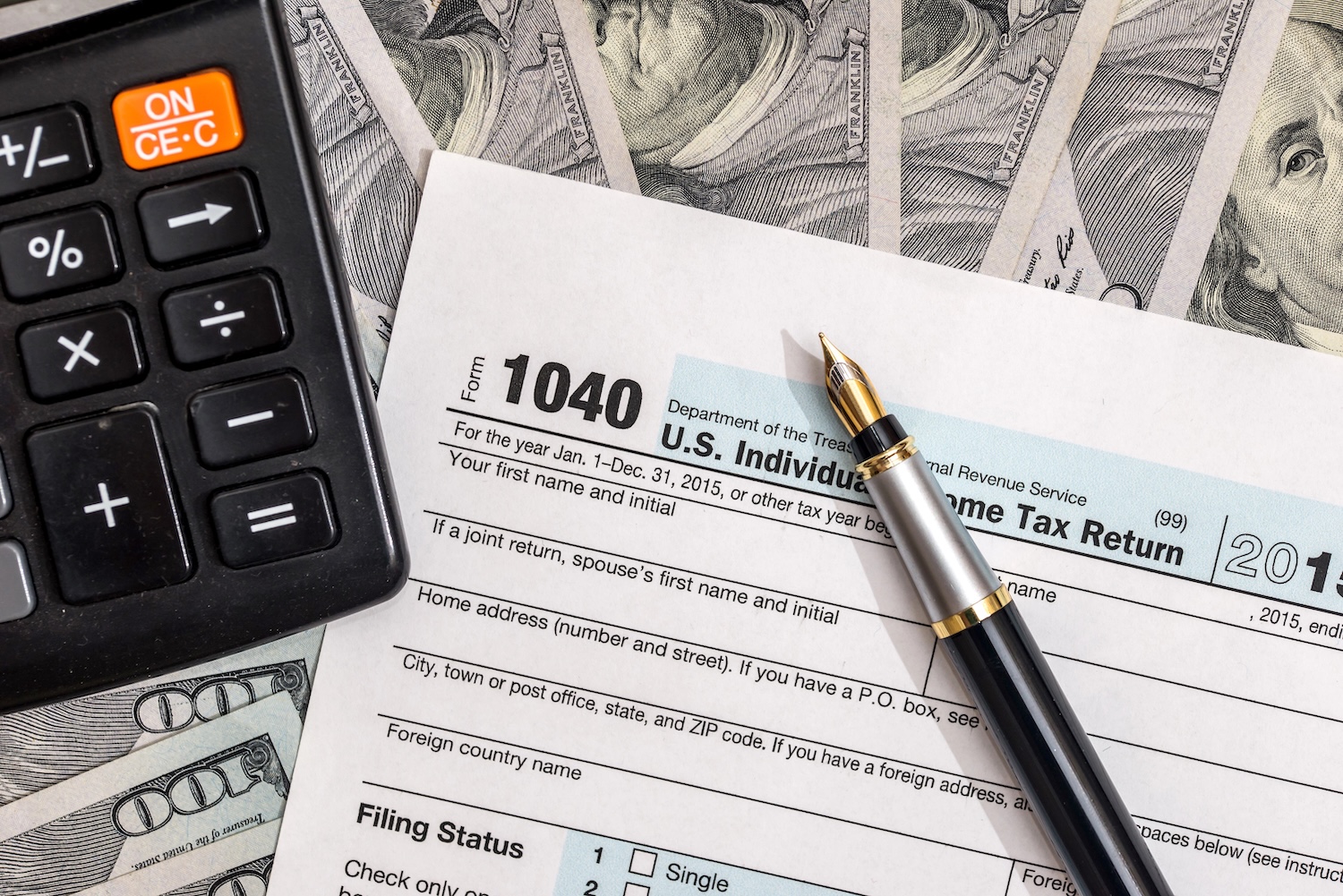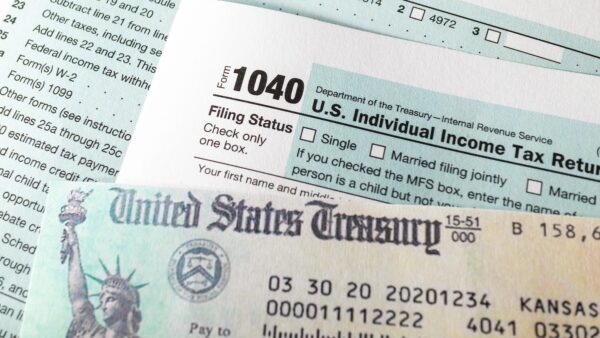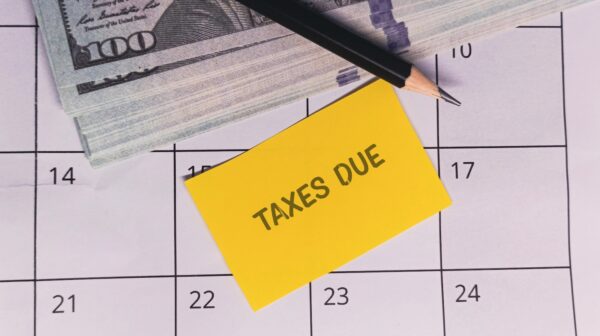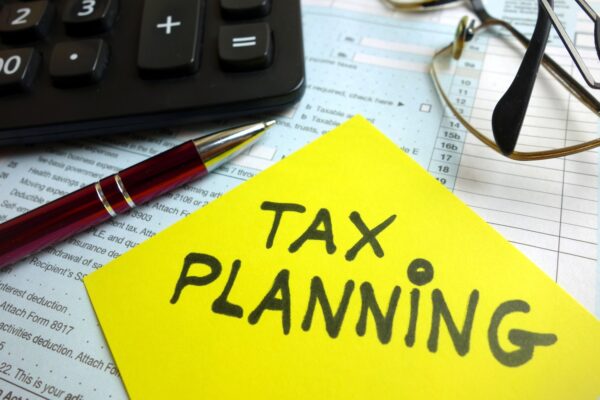Running a dental practice comes with plenty of responsibilities – patient care, staff management, equipment maintenance, and, of course, taxes. But tax season doesn’t have to be stressful. Avoiding common filing mistakes can save you time, money, and potential IRS headaches. Whether you handle your own bookkeeping or work with us, here are some of the most frequent tax filing errors dentists make, and how to avoid them.
Missing Tax Deadlines
With a packed patient schedule, it’s easy to let tax deadlines slip through the cracks. Unfortunately, late filings can lead to penalties and interest charges, cutting into your hard-earned profits.
How to Avoid It:
- Stay proactive about gathering tax documents well before the deadline.
- Mark tax deadlines on your calendar, including estimated quarterly payments.
- File early to avoid last-minute stress and potential errors.
Mixing Personal and Business Expenses
It’s common for business owners – including dentists – to blur the lines between personal and business finances. But misclassifying expenses can raise red flags with the IRS and make tax filing more complicated.
How to Avoid It:
- Use separate bank accounts and credit cards for personal and business transactions.
- Establish a bookkeeping system to categorize expenses properly.
- Keep detailed records of every business expense to support deductions.
Misclassifying Associates and Staff
Hiring independent contractors instead of employees can reduce payroll costs, but if the IRS determines that an associate dentist or hygienist should be classified as an employee, you could owe back taxes and penalties.
How to Avoid It:
- Understand the IRS guidelines for classifying employees vs. independent contractors.
- Have contracts in place that clearly define worker relationships.
- Conduct an annual review of worker classifications to ensure compliance.
Overlooking Available Deductions
Many dentists miss out on valuable tax deductions, leaving money on the table. Common deductions for dental practices include equipment purchases, CE courses, marketing expenses, and office supplies.
How to Avoid It:
- Stay informed about deductions specific to dental practices.
- Keep receipts and documentation for every business-related purchase.
- Regularly review your expenses to ensure you’re maximizing your tax benefits.
Failing to Plan for Depreciation
Dental equipment is a major investment, but many practice owners don’t properly account for depreciation. The IRS allows you to deduct the cost of new equipment over time, which can significantly reduce your taxable income.
How to Avoid It:
- Maintain an up-to-date inventory of your equipment, including purchase dates.
- Contact us about how you may be able to use Section 179 deductions for immediate write-offs.
- Develop a long-term equipment replacement and depreciation strategy.
Neglecting Estimated Quarterly Tax Payments
If your practice is profitable, you’re likely required to make estimated quarterly tax payments. Failing to do so can result in penalties and a large, unexpected tax bill at year’s end.
How to Avoid It:
- Calculate estimated tax payments based on your expected income.
- Set aside funds regularly to cover quarterly tax obligations.
- Regularly review your financials to ensure you’re on track with payments.
Misreporting Revenue or Failing to Track Income Properly
Dental practices often have multiple revenue streams, from insurance reimbursements to patient payments and financing plans. Failing to report all income accurately can lead to IRS scrutiny.
How to Avoid It:
- Use an accounting system that properly tracks revenue from all sources.
- Reconcile your bank deposits with your practice management software.
- Regularly review financial reports to catch any discrepancies early.
Poor Recordkeeping
Inadequate documentation can lead to missed deductions, inaccurate filings, and issues in the event of an audit.
How to Avoid It:
- Digitize receipts and maintain organized records of income and expenses.
- Store tax documents for at least seven years in case of an audit.
- Implement a bookkeeping routine to keep financial records up to date.
Keep Your Dental Practice Tax-Ready
Taxes don’t have to be a pain. By staying organized, planning ahead, and avoiding these common mistakes, you can reduce stress and keep more of what you earn.




